
Roadmap For California Homebuyers
Key Topics In This Article: Homebuyer Resources | Loan Programs | First-Time Homebuyer | Industry Pro-Tips | Lower Rate
We are the ideal partner for California homebuyers: low rates, fast closings, and exceptional service. In addition to that, we offer various low-down payment options (even a zero-down option) and a wide variety of home loan programs, including those with less-than-perfect credit and first-time homebuyers.
Whether you are buying a primary home, a secondary home, or a one to four-unit rental property, we can match your goals with an outstanding home loan. We cover all of California from San Diego to the northern border with Oregon.
California Homebuyer resources
There is a lot that goes into getting approved for a new mortgage. With the right team around you, the process should be smooth and efficient. Here you’ll find useful homebuyer resources for your next home purchase. Use these resources to help with completing the loan application and get you ready for the home-buying process. Working with a trusted loan officer will help make sure your home-buying experience is easy and rewarding. And if you have questions, always be sure to ask your loan officer for help.
“Do you have a zero-down mortgage?”
Yes we do.
Homebuyer loans programs
Here you’ll find the different loan programs available to homebuyers throughout California. Each program provides a unique set of requirements and benefits for those looking to buy a home. Finding the right loan program is the most important thing a homeowner can do before making an offer. Working with your loan officer, you’ll be able to find the right program with the most benefits.
2024 California Conforming Loan Limits
First-Time Homebuyer Education Center
For many, buying their first home represents a significant milestone. Greater independence and a chance to build long-term wealth. First-time homebuyers face unique challenges, and with the help of an experienced loan officer, those challenges can be met. If you’re a first-time homebuyer, we have the online resources to help you through the process.

Expert Guidance For First-Time Homebuyers
We offer expert guidance for first-time homebuyers in California. It’s easy to read and filled with information you can use to save time and money. Learn about loan programs, down payment options, and how the process works from beginning to end.

First-Time Homebuyer Checklist
This first-time homebuyer checklist is a quick and easy resource for California first-time homebuyers. It provides information on what financial documents you’ll need, getting pre-approved before you make an offer, and finding a trustworthy Realtor.

First-Time Homebuyer Tips
Are you a first-time homebuyer? If so, you’ll want to check out our first-time homebuyer tips. Discover how much you can afford, estimate your monthly payment with our easy-to-use calculator, how to save for a down payment and more.
Do You have a question or need a quote?
Contact KevinLow rates, fast closings, and exceptional service.
Mortgage industry-pro tips To Save You Money
I have worked in the mortgage industry for over 17 years, and along the way, I’ve discovered concrete actions that can help homebuyers reach their goals. Here are three mortgage industry-pro tips that can save you thousands of dollars on your next purchase transaction.
- Tip #1: You should work with a top-rated California mortgage broker with an A or A+ rating with the Better Business Bureau. Also, take a few minutes to do some research on the loan officers. I suggest working with someone with at least five years of experience.
- Tip #2: Mortgage rates can change daily; in fact, they can change multiple times in a day if the market is volatile. When you lock in your rate/terms, get that in writing on your Loan Estimate. Some mortgage companies will only lock in terms when you’re ready to close. That’s super risky on a purchase transaction.
- Tip #3: When buying or refinancing, set your short, medium, and long-term goals ahead of time. Trying to figure this out on “the fly” will only result in poor decisions. Planning ahead can only make that job much more manageable.
Before you apply for a mortgage, review all aspects of your loan application profile. Lower your debt-to-income ratio (pay down your debts), ensure your employment and income are stable, and maximize your credit score.
“Can I get a home loan with a 620 credit score?”
Yes you can.
Five things you can do to lower your interest rate
Securing a low mortgage rate is front and center for most homebuyers since it directly impacts their ability to get approved and their monthly payment. A lower rate means you can afford more home, and live the lifestyle you chose. Even a small interest rate reduction can result in big long-term savings over the life of the loan. Here are five things you can do to lower your interest rate.
Improve Your Credit Score
Pull your credit reports, review your credit score, and see if you need to fix anything. Look for;
- Late payments
- Credit cards with over 30% of the credit line outstanding
- Collections
- Errors
Bring all late payments current, pay your balances down, work out collections with the collection agency, and dispute errors with the credit bureau.
The higher your credit score is, the lower the interest rate lenders can offer you. Your credit score shows how risky (or not risky) you are.
Increase Your Down Payment
Having a lower loan-to-value ratio might result in a lower interest rate.
You don’t need a fifty percent down payment to see a rate improvement, but anything you can afford to put down might lower your home loan interest rate. Why? Because its been proven that the more money you have invested in your home, the less likely you are to default on your home loan. And for that, the lender might lower your interest rate.
And saving for a down payment is not as hard as you think. Set aside a certain amount each month, and over time, your down payment amount will grow.
Choose a Shorter Term
If you can afford a term shorter than 30 years, do it. The less time you borrow the money, the less risk the lender takes. 10-year and 15-year home loans have the lowest home loan rates, but any term shorter than 30 years will save you money.
Make sure you can afford the higher payment since you must pay more principal to cover the shorter term, but your bottom line will be much lower with the lower interest rate.
Consider Paying Discount Points
If home loan interest rates aren’t low enough when you need to lock your rate, consider buying the rate down. One point usually cuts your interest rate down 0.25%, but it varies by lender. One point is one percent of your loan amount. For every $100,000 you borrow, one point is $1,000.
Discount points are like prepaid home loan interest. You pay the home loan interest upfront and then enjoy the lower home loan interest rate for the life of the loan.
Pay Your Closing Costs
Some home loan lenders offer a zero closing cost loan. That means they will cover all of your closing costs.
In exchange, you end up paying a higher interest rate. If you’re trying to keep your rate low, pay the closing costs and take the interest savings. You could save up to 0.5%+ on the home loan interest rate.
Bottom Line
California homebuyers need to consider what they want from their loan and determine how long they’ll keep it. If this is your forever home, you’ll want the lowest home loan interest rate possible. This will save you the most money over the long term.
If you plan on moving in a few years, the interest rate is less important than the costs. Look at the big picture and determine what you need to make your loan work for you. Interest rates constantly change, and lenders charge different rates for different situations.
Tracking mortgage rates
At JB Mortgage Capital, Inc., we make it simple for our clients to stay on top of current mortgage rates. Since we understand the importance of locking in a low-rate mortgage, we follow the market where mortgage rates originate – the Mortgage-Backed Securities (MBS) market. If your current loan officer says the Fed sets mortgage rates, I suggest you find another loan officer.
And if you have any questions about the current market, I encourage you to call or email me for updates. I want to make sure each client knows where interest rates are and how best to proceed with locking in terms.
Do You have a question or need a quote?
Contact KevinLow rates, fast closings, and exceptional service.
Long-lasting benefits of homeownership
Owning your own home provides several long-lasting benefits. In addition to the satisfaction of being a homeowner,
- You can build equity
- Enjoy certain tax deductions that renters don’t have access to
- Say goodbye to your landlord
- Take control of your living environment for yourself and your family
The long-lasting benefits of homeownership are clear, and it can dramatically change the financial outlook for you and your family. Finding the best mortgage rates and terms is vital for each client we help.


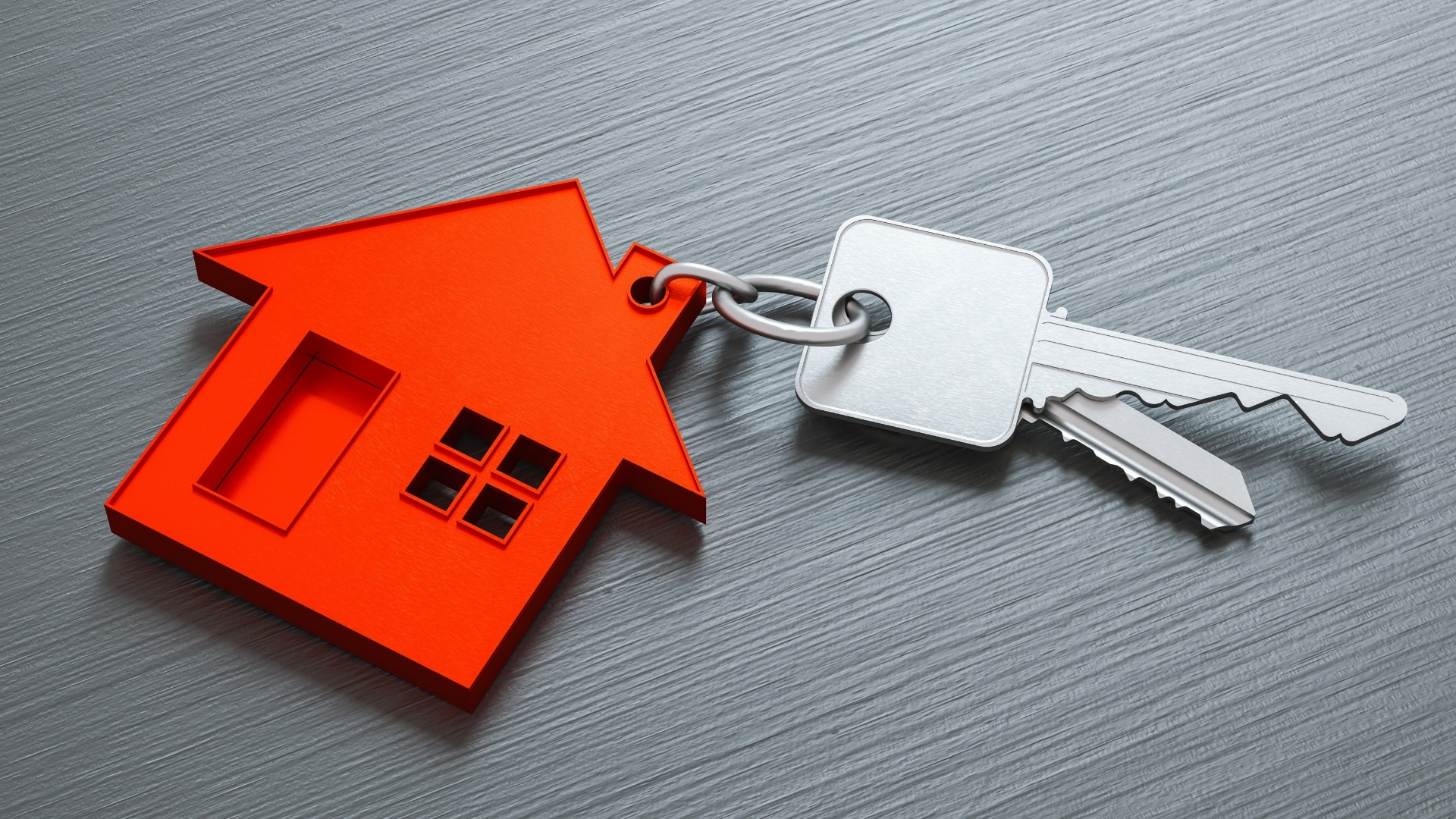

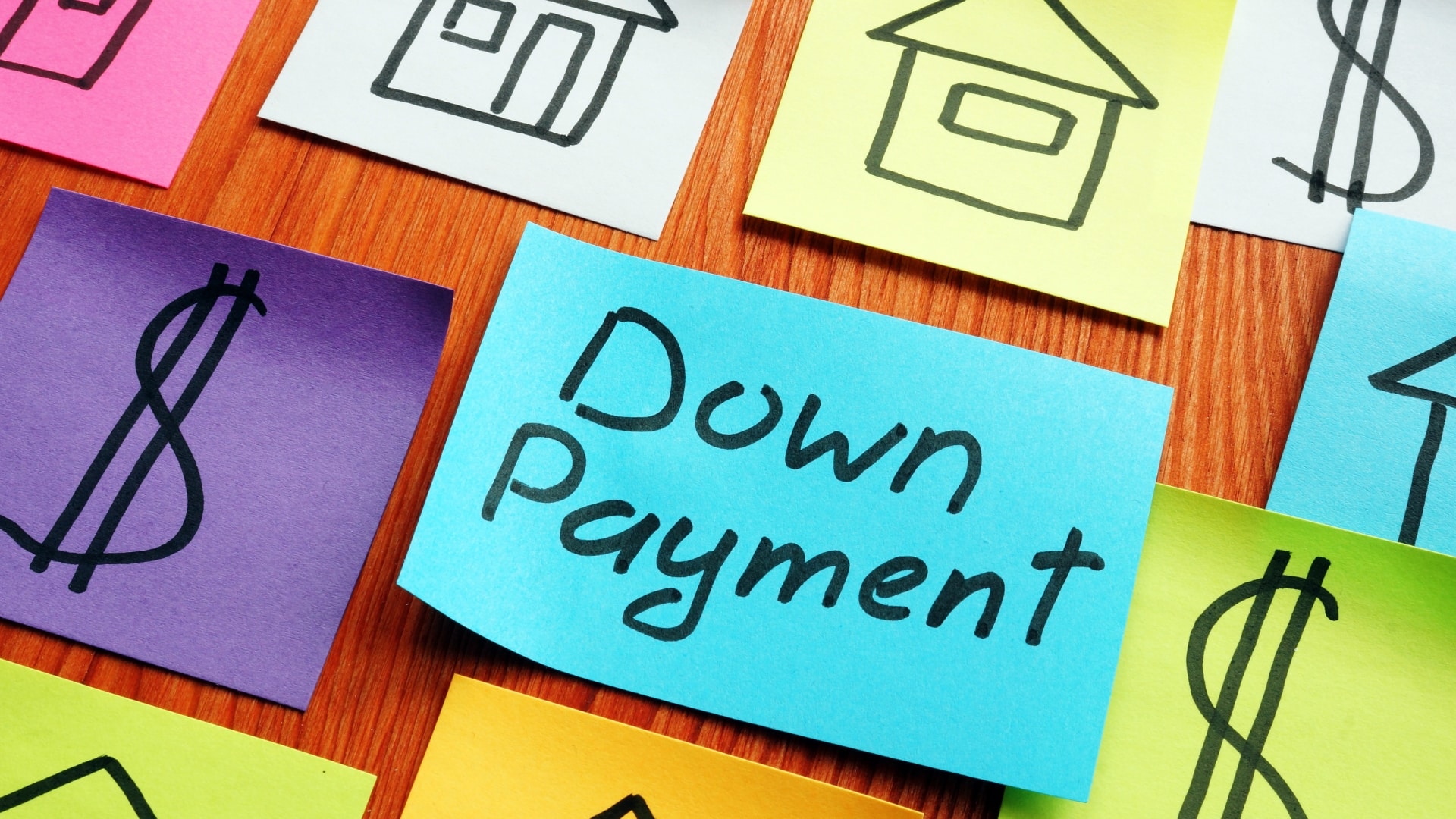

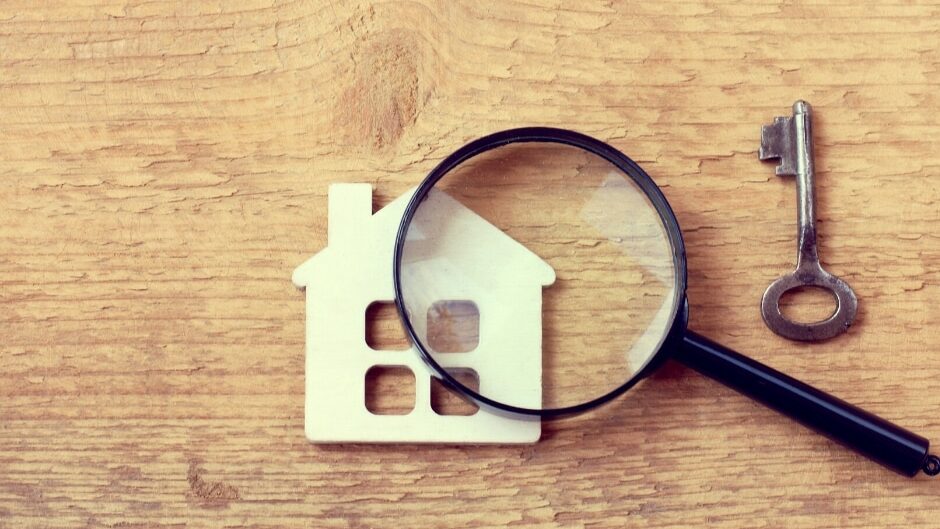


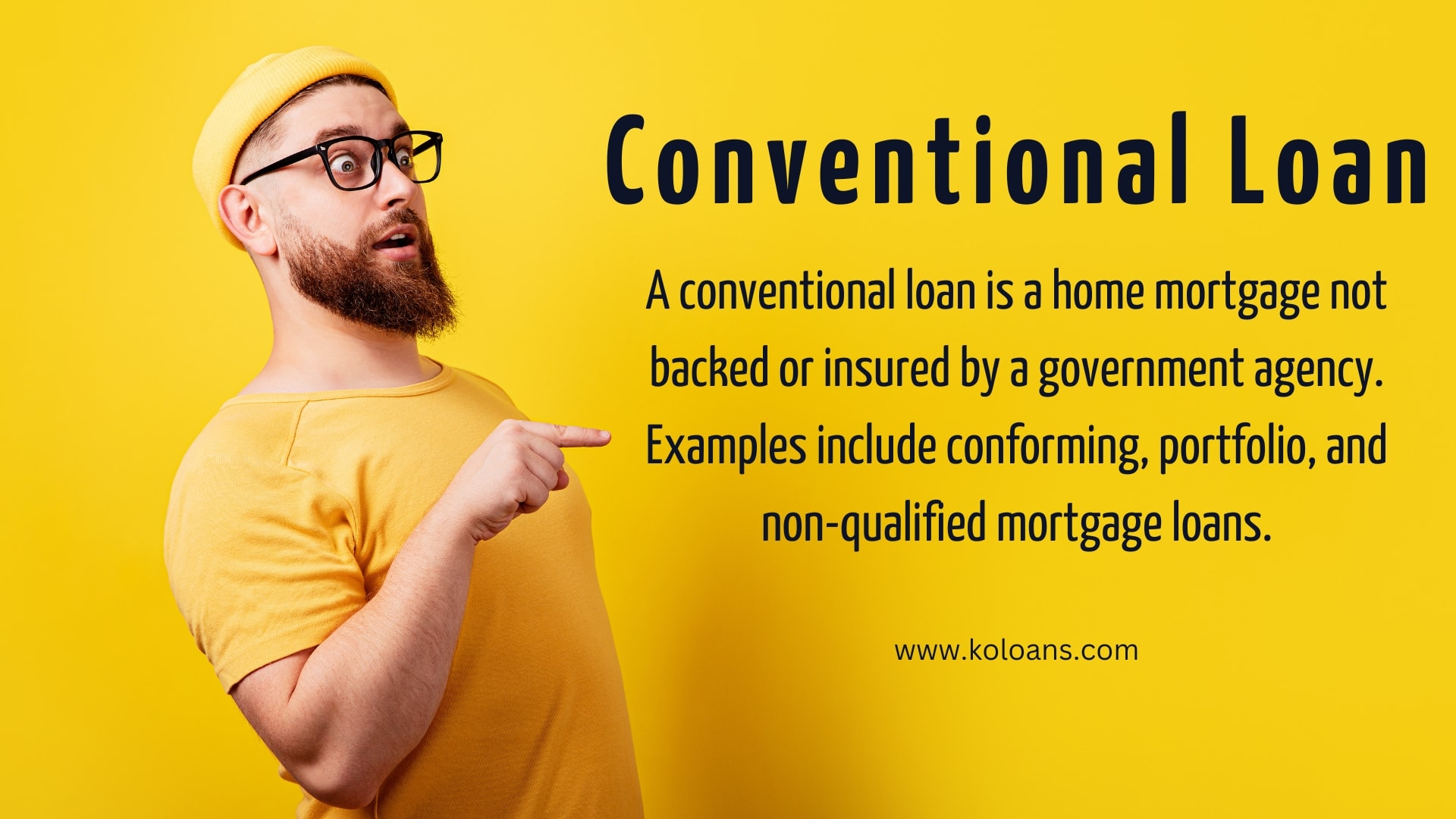






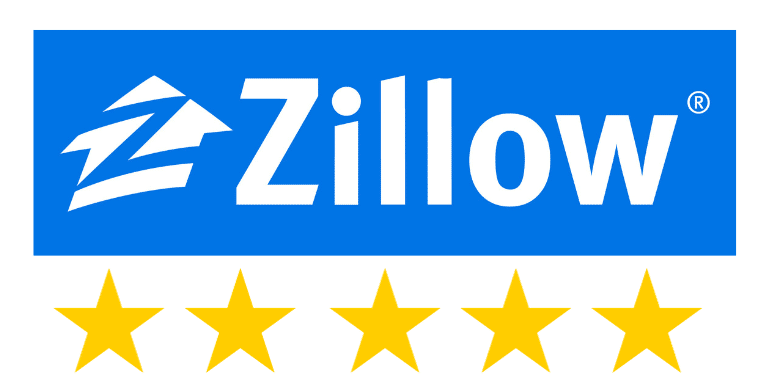
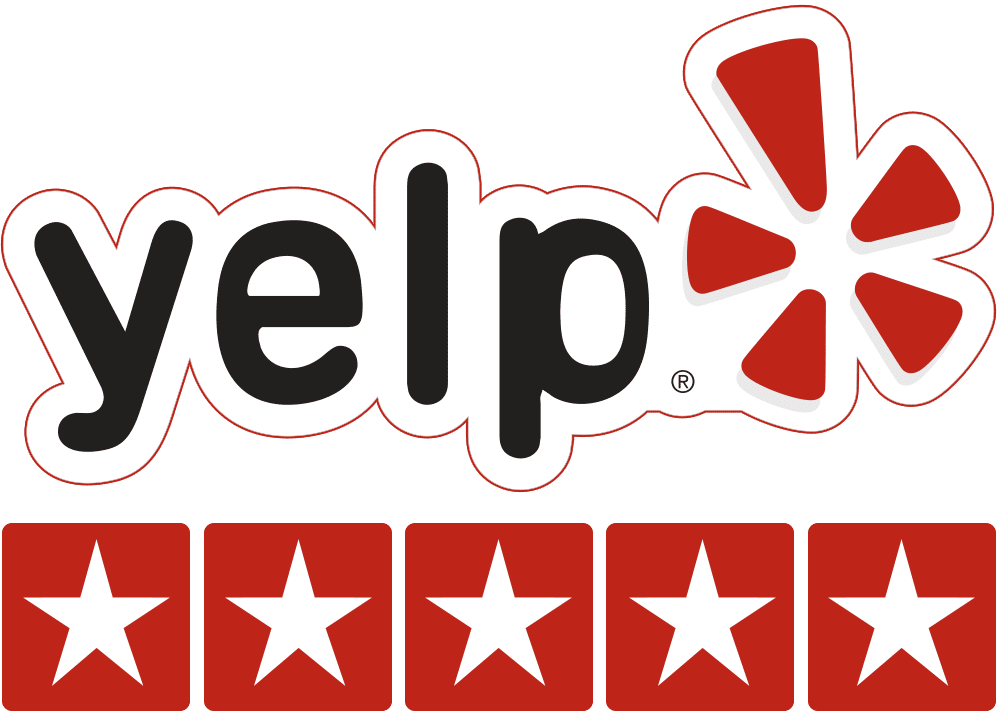

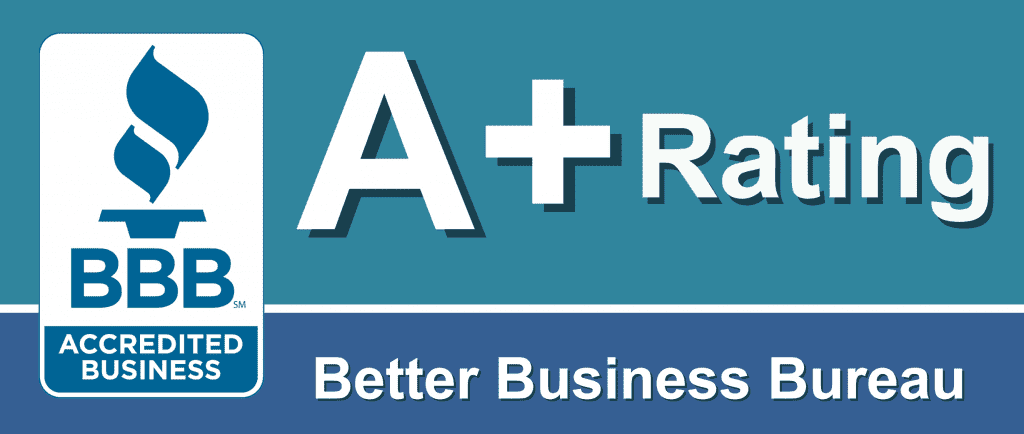






Comments are closed.